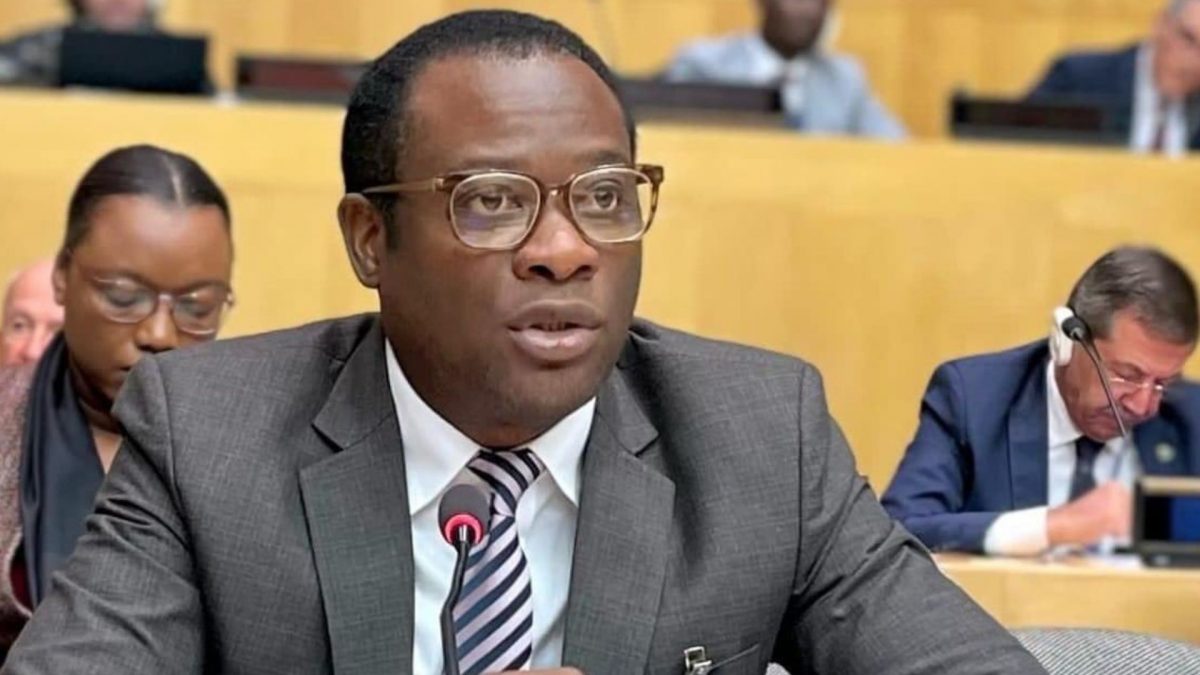Venezuela “is violating” international law by expanding its military presence on its shared border with Guyana, despite pledging not to use force. The accusation was made by Guyanese foreign minister Hugh Todd who also said his country has been following the rule of international law.
“This is not the first time Venezuela has adopted a military posture that appears to be threatening,” Todd was quoted as saying by the Financial Times.
The UN’s top court, the International Court of Justice (ICJ), is reviewing the dispute and Venezuela was ordered in November not to take action that would alter the status quo.
“We are following the rule of international law, Venezuela is violating it,” Todd said, adding that Venezuelan President Nicolás Maduro was trying to compel Guyana to settle the dispute rather than going through the ICJ.
Failed Agreement?
Guyanese President Irfaan Ali and Maduro, had recently signed a declaration agreeing not to use force to settle the dispute.
However, satellite images released last week by a Washington think-tank, the Center for Strategic and International Studies, showed Venezuela has intensified its military presence on the border of the oil-and-mineral-rich Essequibo region, which makes up about two-thirds of Guyana’s territory, but for long has been claimed by Caracas.
The satellite pictures also showed the presence of light tanks and armed patrol boats at Anacoco Island on the border of the Essequibo region, where Venezuela is expanding a military base to house up to 300 troops.
Impact Shorts
More ShortsGuyana accuses Maduro of ‘double standards’
Venezuela will go to polls later this year, and the increase in troops is being seen as a way to “impress” voters ahead of the poll.
Todd accused Maduro of “double standards” and said, “[Venezuela has] argued it is committed to the region remaining a zone of peace and that it will not use force against Guyana. However, we’ve seen time and time again that back home, the military posture does not conform with the diplomatic stance."
The move also follows a December referendum in Venezuela in which voters backed making the region a Venezuelan state — a development regarded by Guyana as a prelude to annexation by Caracas.
Caracas has long disputed an international arbitration tribunal decision in 1899 to award Essequibo — an area roughly the size of England and home to about 125,000 people — to the then-colonial British Guiana. It has escalated its claims since US energy group ExxonMobil made large oil discoveries off the region’s coast in 2015.
Venezuela’s stance won’t affect Guyana’s oil, gas sector
On Sunday, Venezuela’s foreign ministry issued a statement saying Guyana and ExxonMobil, which is planning to drill in waters off the coast of the disputed area, were in breach of international law and “seeking to destabilise the region”.
Todd assured that Venezuela’s stance will not affect Guyana’s oil and gas sector and said: “We have assured the multinational companies operating in Guyana that we’re on the right side of international law, and we’re working on exploiting our true economic potential.”
ExxonMobil has said it would continue its expansion in Guyana despite the dispute.
Tensions to remain high
Tensions are expected to remain high this year, with Maduro seeking to exact concessions from Georgetown.
However, if the conflict between the two South American nations were to break out, Guyana’s armed forces, with only 4,070 active personnel and reserves, would face Venezuela’s 351,000-strong military.
Todd said Guyana was “not building any capacity to fight Venezuela” and that the country’s defence strategy continued to be based on cooperation with allies, including the US and UK.
With inputs from the Financial Times
)